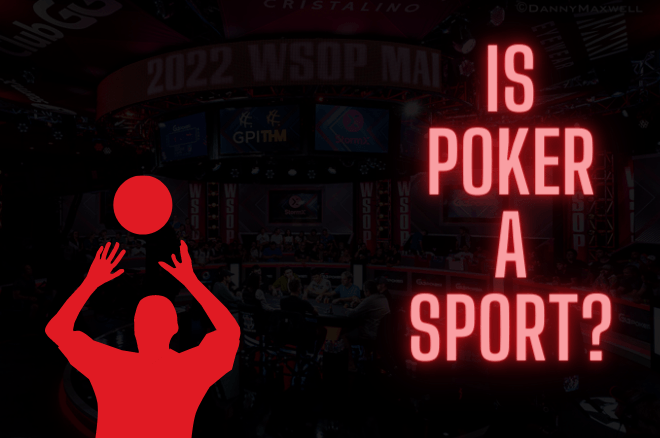
The categorization of poker has always been a subject of debate. Some view it as a classic game while others perceive it as a competitive sport. This argument stems from the distinct definitions of what constitutes a game and a sport, with factors such as skill, strategy, competition, and physical exertion at play. As the nature of poker embodies aspects of both categories, it’s worth analyzing this multifaceted activity to understand it better.
Before we dive into the discourse, it is essential to first define the terms ‘sport’ and ‘game’. The definition of a game usually involves an activity engaged in for amusement or fun, often with rules and a sense of competition. On the other hand, a sport often refers to a physical activity, also involving competition, which requires skill and is governed by a set of rules. The main distinction between the two is typically the element of physicality.
Poker is widely recognized as a game, and it fits the criteria perfectly. It is a competitive activity, involving several players who participate for enjoyment or entertainment. There are rules and strategies to follow, and outcomes are, to a large extent, contingent on the decisions made by the players. Players aim to win, making the gaming experience competitive.
The appeal of poker as a game is widespread, seen in casual home games, online platforms, and even at glamorous casinos. This wide acceptance of poker as a game is indisputable, as it aligns with the definition and cultural understanding of what a game entails.
The designation of poker as a sport is a more contentious topic. The crux of this argument is in how we define a sport. If the criteria were limited to physical exertion, then poker would undoubtedly fall short. However, modern definitions of sport have evolved to include mental fortitude, strategy, and competition, which makes poker a possible candidate.
Professional poker players undergo a significant amount of preparation, training, and practice, similar to professional athletes in traditional sports. Moreover, poker is highly competitive, with major tournaments like the World Series of Poker (WSOP) and the World Poker Tour (WPT), where players from all around the world compete.
It’s also worth noting that the International Mind Sports Association recognizes poker as a mind sport, placing it in the same category as chess and bridge. This recognition further fuels the argument of poker being a sport.
From the preceding discussion, it’s clear that poker possesses elements of both a game and a sport. On one hand, it is a game that requires skill, strategy, and offers a competitive experience. On the other hand, poker possesses characteristics of a sport: rigorous mental training, worldwide competitions, and recognition as a mind sport.
Moreover, the dichotomy between a game and a sport isn’t as rigid as it may seem. Activities can exist in the overlap, and poker is one such example. Perhaps it’s the hybrid nature of poker that makes it such a global phenomenon, appealing to casual players and professionals alike.
In conclusion, the debate on whether poker is a sport or a game depends heavily on how we define these terms. While the physicality criterion may limit poker’s classification as a sport, expanding our perspective to consider mental agility and strategic complexity places poker firmly in both camps. Poker can be both a game and a sport, providing casual enjoyment, competitive thrill, and requiring skillful mastery. The dual nature of poker not only enriches its appeal but also expands its reach to a diverse global audience.
1. What makes poker a game?
Poker is considered a game because it involves strategic play, competition, and is governed by a set of rules. It is an activity people engage in for fun and entertainment, often in a social setting.
2. Why do some people consider poker a sport?
Poker can be seen as a sport due to the high level of skill required, the strategic complexity, the mental toughness needed, and the presence of competitive professional tournaments. The International Mind Sports Association also recognizes poker as a mind sport.
3. Can an activity be both a game and a sport?
Yes, an activity can be both a game and a sport. Poker is a prime example of this, as it encompasses elements of both. It serves as a fun, competitive game and, at a professional level, requires the mental fortitude and strategic depth associated with sports.
July 27, 2024
July 27, 2024
July 27, 2024